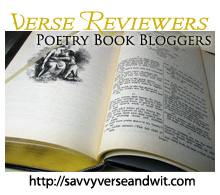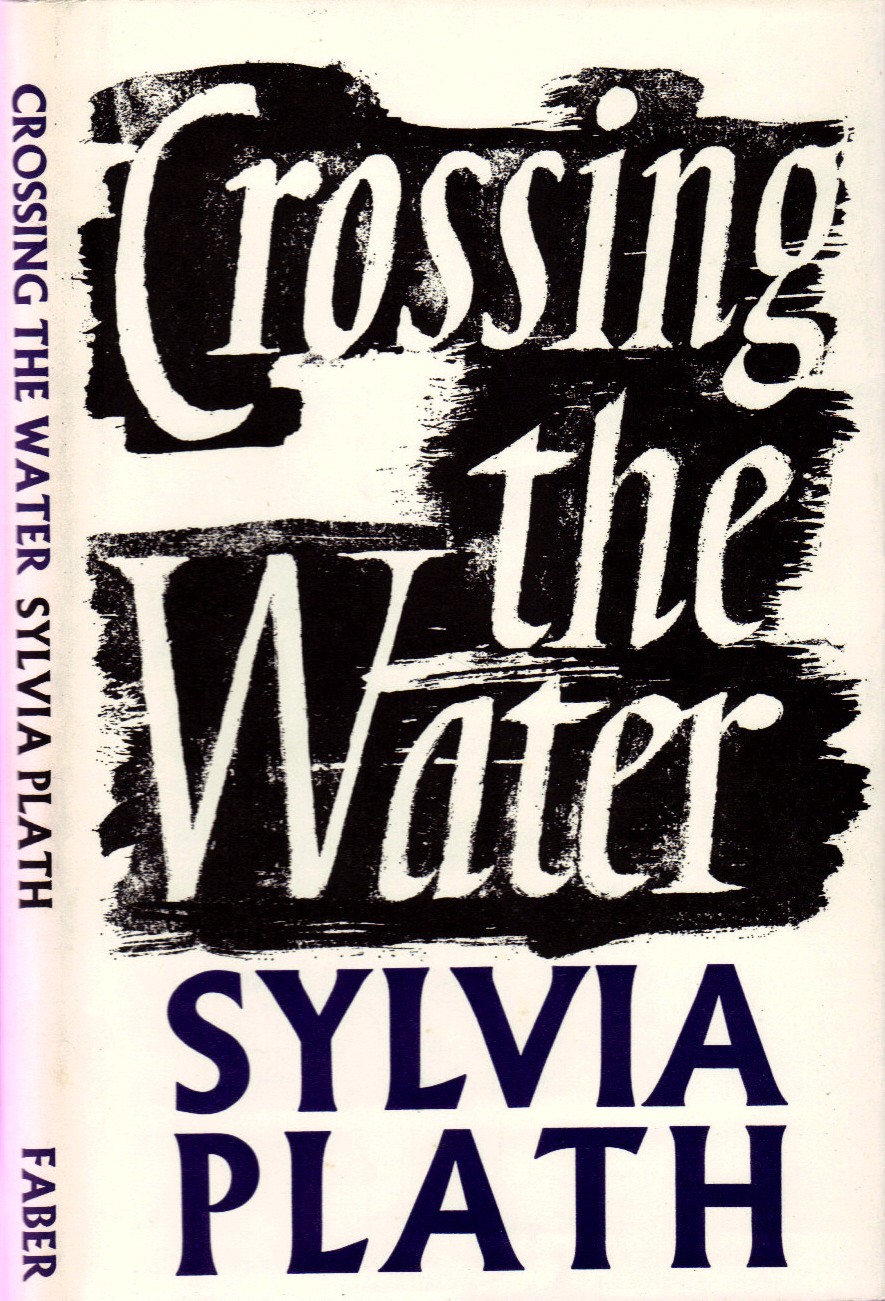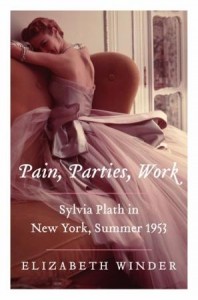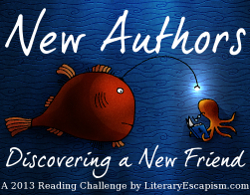 Welcome to the 198th Virtual Poetry Circle!
Welcome to the 198th Virtual Poetry Circle!
Remember, this is just for fun and is not meant to be stressful.
Keep in mind what Molly Peacock’s books suggested. Look at a line, a stanza, sentences, and images; describe what you like or don’t like; and offer an opinion. If you missed my review of her book, check it out here.
Also, sign up for the 2013 Dive Into Poetry Challenge because its simple; you only need to read 1 book of poetry. Please sign up to be a stop on the 2013 National Poetry Month Blog Tour and visit the stops on the 2012 National Poetry Month Blog Tour.
Today’s poem is from Sylvia Plath’s Crossing the Water:
Blackberrying (page 24-5) Nobody in the lane, and nothing, nothing but blackberries, Blackberries on either side, though on the right mainly, A blackberry alley, going down in hooks, and a sea Somewhere at the end of it, heaving. Blackberries Big as the ball of my thumb, and dumb as eyes Ebon in the hedges, fat With blue-red juices. These they squander on my fingers. I had not asked for such a blood sisterhood; they must love me. They accommodate themselves to my milkbottle, flattening their sides. Overhead go the choughs in black, cacophonous flocks— Bits of burnt paper wheeling in a blown sky. Theirs is the only voice, protesting, protesting. I do not think the sea will appear at all. The high, green meadows are glowing, as if lit from within. I come to one bush of berries so ripe it is a bush of flies, Hanging their bluegreen bellies and their wing panes in a Chinese screen. The honey-feast of the berries has stunned them; they believe in heaven. One more hook, and the berries and bushes end. The only thing to come now is the sea. From between two hills a sudden wind funnels at me, Slapping its phantom laundry in my face. These hills are too green and sweet to have tasted salt. I follow the sheep path between them. A last hook brings me To the hills’ northern face, and the face is orange rock That looks out on nothing, nothing but a great space Of white and pewter lights, and a din like silversmiths Beating and beating at an intractable metal.
What do you think?
Click on the image for today’s National Poetry Month tour post!




 About the Author:
About the Author:






